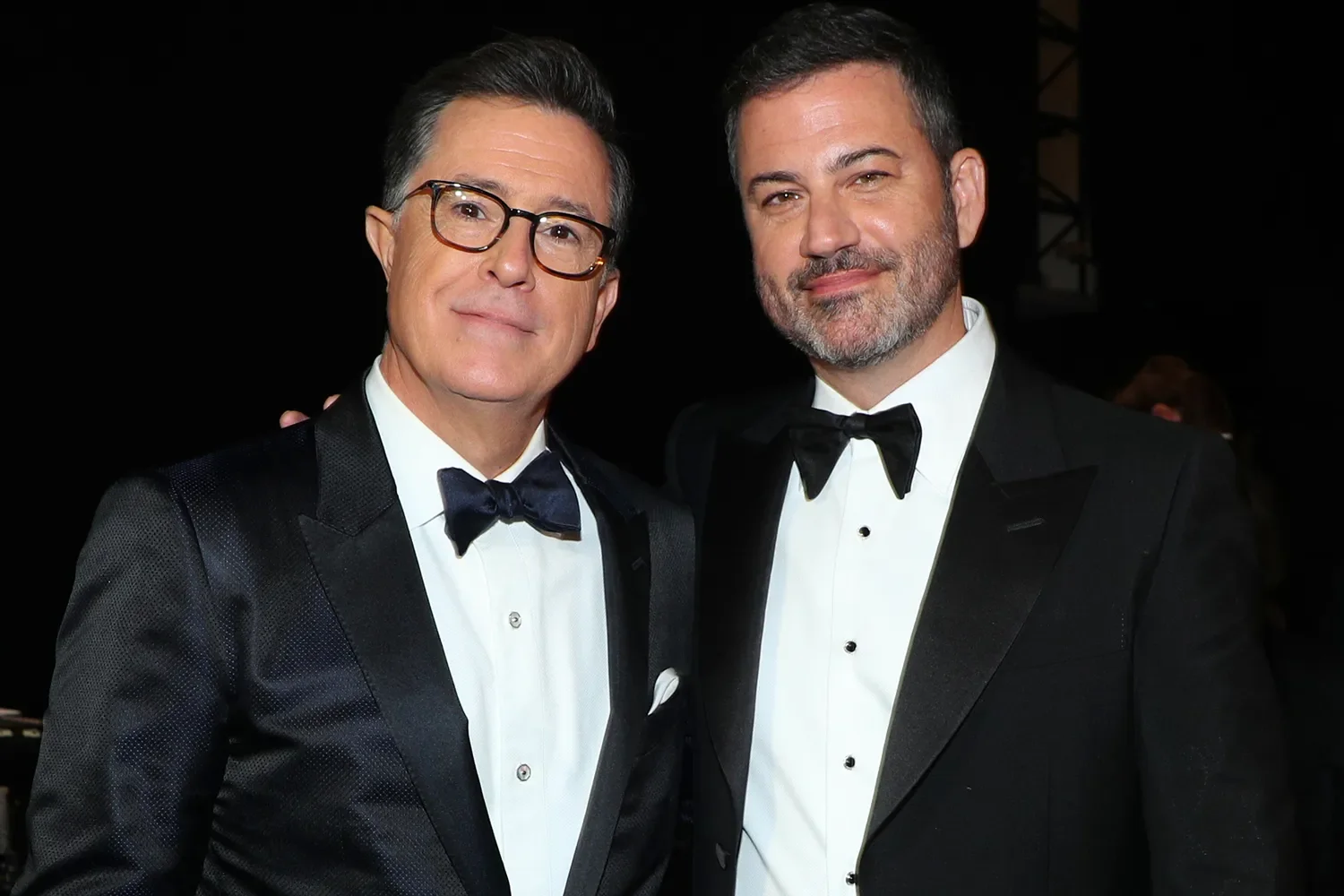Jimmy Kimmel’s sudden suspension by ABC is no ordinary media scandal - it’s a flashpoint in America’s battle over speech, satire, and state power. What began with a late-night monologue has spiralled into a political showdown involving the FCC, Congress, corporate boardrooms, and the streets outside Kimmel’s Hollywood studio.
At stake isn’t just one host’s career, but whether political leaders can bend the entertainment industry into compliance. And in the backdrop, history’s warning sirens are loud: authoritarian regimes have always started by silencing satirists.
📊 Supporting Stats
Pew Research (2024): 76% of Americans say free speech is under threat — the highest level since records began.
Reporters Without Borders (2025): U.S. press freedom ranking slipped to 55th worldwide, down 16 places since Trump’s re-election.
Nielsen: Late-night shows still pull 12 million nightly viewers combined, making them a rare mass cultural platform.
Morning Consult (Sept 2025): #BoycottDisney topped 3M mentions in 24 hours; Disney+ uninstalls rose 18% overnight, and stock dropped 4% in a single day’s trading.
🧠 Decision: Did It Work?
From Trump’s perspective, yes - the FCC’s threats worked. Within hours of Chair Brendan Carr warning affiliates to deal with Kimmel “the easy way or the hard way,” Nexstar, Sinclair, and Disney all pulled Jimmy Kimmel Live!.
From Disney’s perspective, the move bought short-term regulatory peace but at enormous cultural and commercial cost: a consumer boycott, stock dip, protests outside the El Capitan Theatre, and condemnation from Hollywood unions and free speech groups.
Strategically, the late-night bloc’s response did work. Colbert, Stewart, Fallon, Meyers, Letterman, and even Barack Obama reframed the suspension as not about one comedian but about state censorship. Their solidarity makes it harder to normalise - or forget - what just happened.
📌 Parallels to the Propaganda Playbook
The steps are chillingly familiar to how authoritarian regimes, most infamously Nazi Germany, brought media under control:
Delegitimise critics - label comedians and journalists as “immoral” or “unpatriotic.”
Weaponise regulation - use state bodies (FCC then, Reich Ministry of Propaganda then) to punish dissenters.
Co-opt corporations - push private companies to self-censor to protect licences and deals.
Flood with alternatives - amplify state-friendly entertainment while silencing critics.
Normalise censorship - each new suspension feels less outrageous until dissent is erased.
📌 Key Takeouts
What happened: Kimmel was suspended after FCC Chair Carr threatened affiliates; Disney caved under pressure.
Who spoke up: Colbert, Stewart, Fallon, Meyers, Letterman, and Obama condemned the move.
In Congress: Democrats tried to subpoena Carr, but Republicans blocked it in a 24–21 party-line vote, deepening the sense of political capture. Sen. Chris Murphy introduced the “NOPE Act” (No Political Enemies Act) to stop government retaliation against critics, blasting Trump’s FCC threats as “state-speech control, not America.”
What worked: Late-night unity shifted the story from “Kimmel vs Disney” to “Comedy vs Authoritarianism.”
What didn’t: Disney’s compliance fuelled a mass boycott of Disney+, Hulu, cruises, and theme parks, with a stock market dip and protests outside Kimmel’s studio.
Signals: Media brands are now frontline players in the fight over whether corporate America defends free expression or enables its erosion.
🔮 What We Can Expect Next
The fight won’t stop with Kimmel. Fallon, Meyers, and others are already in Trump’s crosshairs. Disney and other networks will face escalating pressure to prove loyalty in exchange for regulatory favour. The real risk is normalisation: censorship creeping step by step until satire is neutered, replaced by compliant voices.
History shows us how fast the slide can be. But it also shows that satire, when united and unbowed, has the power to resist - turning laughter into one of the last surviving languages of truth.
